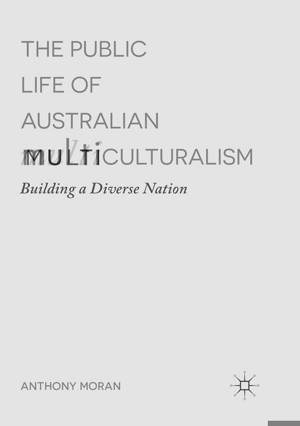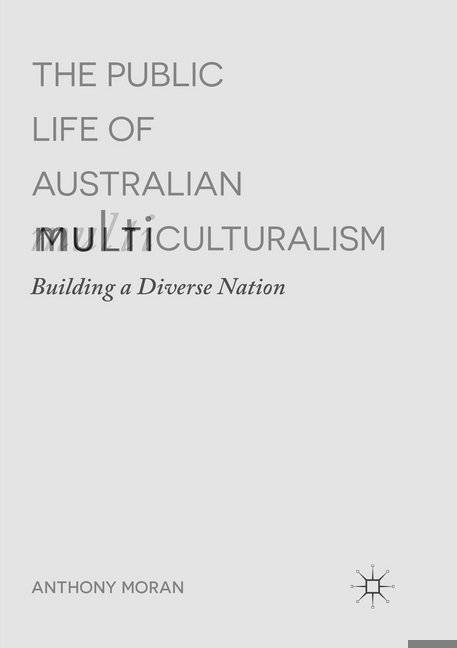
- Afhalen na 1 uur in een winkel met voorraad
- Gratis thuislevering in België vanaf € 30
- Ruim aanbod met 7 miljoen producten
- Afhalen na 1 uur in een winkel met voorraad
- Gratis thuislevering in België vanaf € 30
- Ruim aanbod met 7 miljoen producten
The Public Life of Australian Multiculturalism
Building a Diverse Nation
Anthony MoranOmschrijving
This book argues that in a globalising world in which nation-states have to manage population flows and intensifying cultural diversity within their borders, multicultural policy and approaches have never been more important. The author takes an extended case study approach, examining Australia's experiments with pragmatic forms of multiculturalism and multicultural policy since the early 1970s up to the present. The Public Life of Australian Multiculturalism challenges some larger assumptions about multiculturalism - either that it undermines national identity or that it is, and should strive to be, a post-national approach to identity issues. Instead, it argues that framing multiculturalism by inclusive national identity has been the key to multiculturalism's continuity and general success in Australia. The book also directly challenges the claim that we have entered a post-multicultural world, making a case instead for the continuing relevance of pragmatic approaches to multiculturalism.
Students and scholars researching in sociology, politics, migration, multiculturalism, ethnic and racial studies, nationalism, and identity studies will find this study of interest.
Specificaties
Betrokkenen
- Auteur(s):
- Uitgeverij:
Inhoud
- Aantal bladzijden:
- 298
- Taal:
- Engels
Eigenschappen
- Productcode (EAN):
- 9783319832173
- Verschijningsdatum:
- 4/07/2018
- Uitvoering:
- Paperback
- Formaat:
- Trade paperback (VS)
- Afmetingen:
- 148 mm x 210 mm
- Gewicht:
- 371 g

Alleen bij Standaard Boekhandel
Beoordelingen
We publiceren alleen reviews die voldoen aan de voorwaarden voor reviews. Bekijk onze voorwaarden voor reviews.











